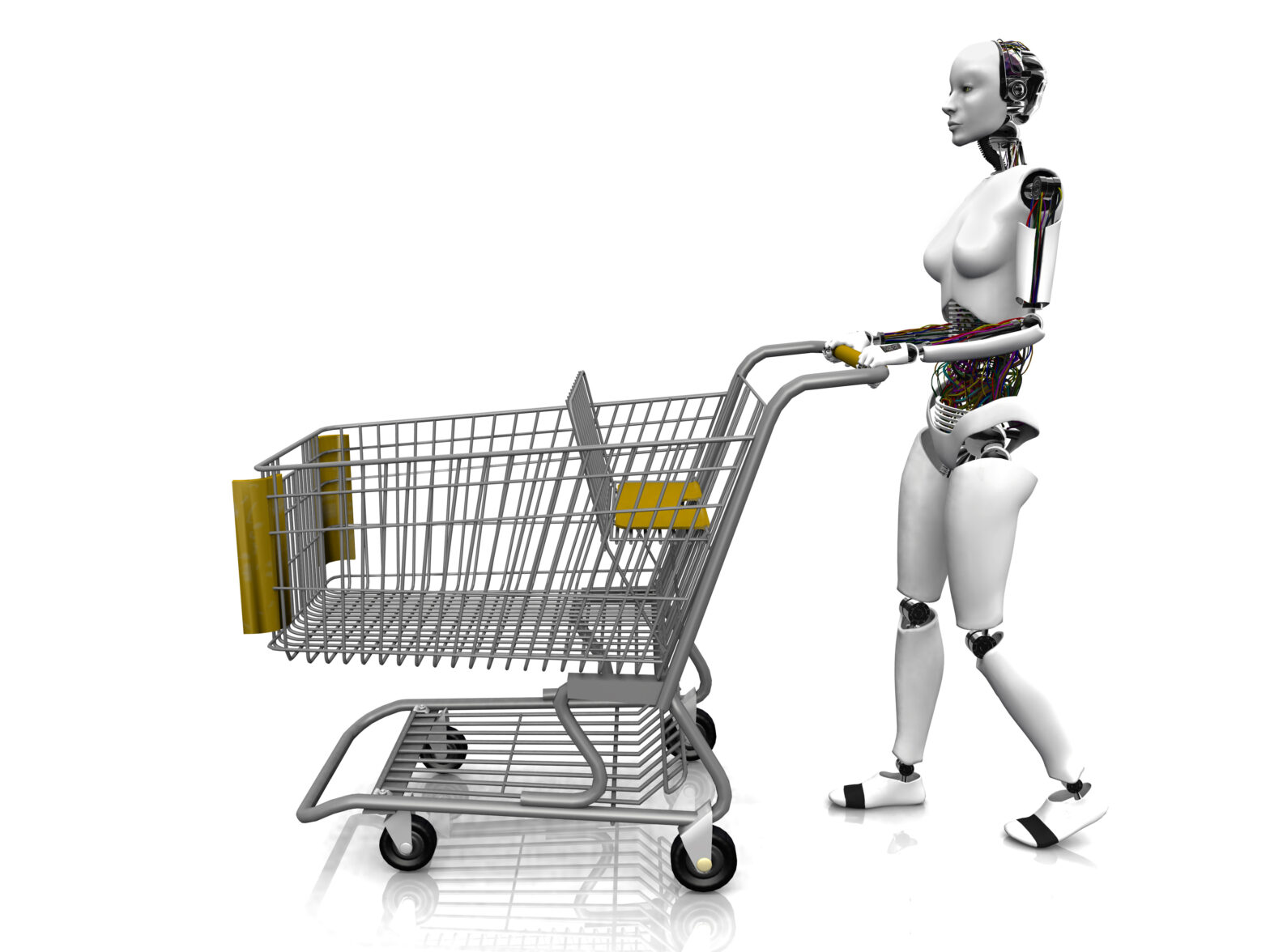Machines are crucial with how consumers interact with businesses, not just through purchases but also through enquiries.
It’s thought that machine learning will not only radically alter the customer service industry, but all industries.
Thinking about it in terms of pervious technology revolutions, the age of steam created the industrial revolution by replacing man with coal, the age of robotics also moved the manufacturing industry’s dependency on mankind and in the future, artificial intelligence and machine learning holds the potential to replace cognitive functions of the human mind.
But what does this really mean and how will it change the way that businesses interact with their customers?
Using data to personalise interactions
Customers today demand access to immediate information and want issues to be solved instantly at the click of a button.
As a result, more businesses are now tracking a customer’s engagement history with a brand through a range of data sources such as social media, purchase history and customer support tickets, to provide a personalised experience in a shorter timeframe.
>See also: Retail: the next big industry impacted by AI
In fact, 82% of retailers believe that big data is changing how they interact with and relate to their customers.
While most businesses recognise the power of big data and analytics, few have yet to unlock the true potential of data through machine learning.
Tapping into the power of machine learning
Machine learning moves beyond traditional analytics and instead, it offers predictive and prescriptive analytics, to recommend live, tailored solutions for customers, based on previous experiences.
Therefore, instead of aiding human analytics, machine learning replaces it, creating efficiencies for support teams to devote valuable time and resources to more critical issues, which require more of a human-to-human interaction.
Forward thinking businesses can tap into the power of machine learning algorithms to provide customer service in the fastest, most convenient way possible.
>See also: How to turn the IoT from concept to money-making machine
Machine learning will also allow businesses to learn more about the personal preferences of individual customers, which can then be stored in a central location.
This will create a ‘collective intelligence’ that customer service teams can tap into, to learn about individual customers in order to provide a highly personalised service.
What can we expect in the future?
As with all previous technology, machine learning will not replace humans completely, but rather our worker capabilities will be amplified by the information provided through machine learning.
Even on occasions when machine learning may be unable to directly resolve a customer service issue, it will still aid customer service agents by providing them with a wealth of curated information at their fingertips.
>See also: These smart retail robots are kicking ass and taking names
Businesses need to find new ways to cater to a constantly changing audience.
It’s clear that we are facing a new revolution in the way that businesses serve their customers, as technological advancements make it possible to replace humans with intelligent algorithms.
The scale of the change happening makes machine learning a priority not only for global businesses such as Netflix, Facebook and Google, but for all businesses.
Having an effective yet easily adaptable customer service function has never been more important and that isn’t going to change any time soon.
As customer data analytics and machine learning continue to progress, so will customer demand.
Businesses should look to create an encompassing strategy that can keep up with providing the ‘I want it now’ customer with quick and accurate solutions, and machine learning will certainly be pivotal in shaping customer relationships of the future.
Adrian McDermott, president of products at Zendesk










